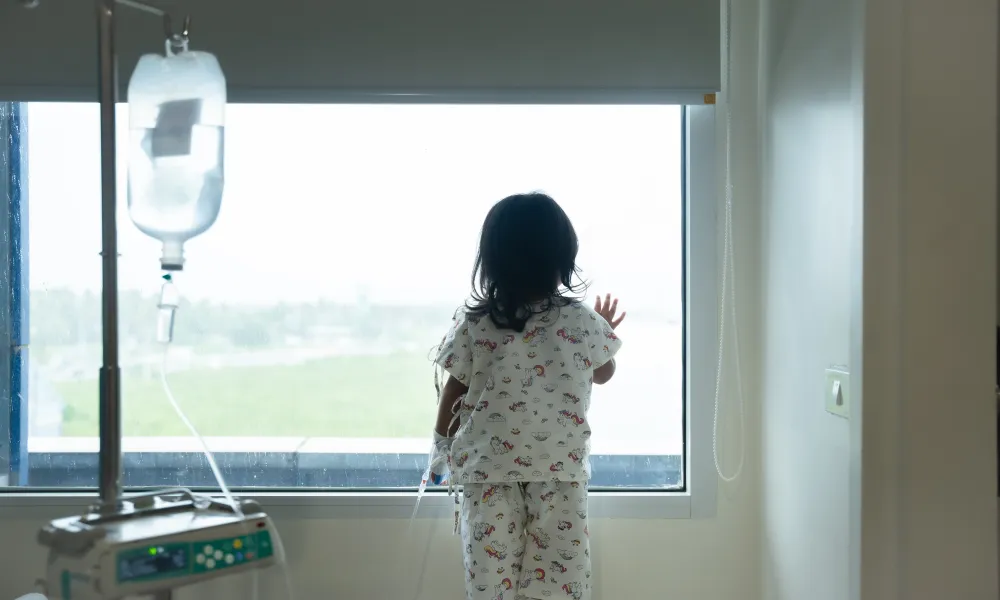Close to 300 pupils in secondary education (281, to be exact) are currently taught either at home or inside hospitals, such as the Paediatric Oncology Unit and the Inpatient Adolescent Unit (TENE), because of long-term health conditions. The real number is far higher once primary schoolchildren and youngsters receiving treatment overseas are counted. Against this backdrop, the House Education Committee on Tuesday examined how to create an organised, legally anchored framework for students kept away from their mainstream school for extended periods due to illness.
Bottlenecks and delays
Officials and stakeholders described a process that is both slow and cumbersome. In home-tuition cases, three to four months can elapse between the request and the first lesson. Today, applications -filed by parents, the school, or the treating hospital and accompanied by a medical report- go to the District Committee. If approved, the file moves to the head of the relevant directorate (Primary or Secondary) and then to the Ministry’s permanent secretary for the budget release needed to hire a teacher “by purchase of services.” Each hand-off adds time; meanwhile, the pupil waits.
Experience and specialisation gaps
Because these posts are filled via services contracts, teachers are often non-appointed and may lack experience with medically fragile or long-term absent students. Patient and child-rights groups argue that specialised training is essential. OSAK’s Marios Charalambides urged that these professionals sit on multi-disciplinary teams and receive targeted preparation. Giorgos Penintaex, from “One Dream, One Wish,” called for the Ministry to build and maintain a trained roster to speed placement and improve quality. The Alkinoos Artemiou Foundation said it has compiled common problems from families and submitted a detailed protocol to the Ministry; Education Minister Athina Michaelidou has set up a dedicated working group now studying the proposal.
Children abroad: make tele-education the rule, not the exception
For pupils undergoing treatment overseas, sometimes for years, remote learning is often the only viable pathway. Penintaex stressed the need to modernise: many children cannot enrol in the host country’s school system, but with a laptop and flexible scheduling they could attend their Cypriot class online when treatment allows. Staying virtually in their own classroom preserves continuity, supports learning, and, crucially, helps their mental health by keeping them connected to peers and school life.
What needs to happen
Lawmakers pressed the government to simplify procedures, shorten response times, and formalise a system that guarantees continuity of education wherever the child is -at home, in hospital, or abroad. That means clear criteria, a fast-track approval and funding path, a trained pool of specialist teachers, and a default tele-education option for students outside Cyprus. The goal is simple but vital: to make sure illness interrupts attendance, not education.
